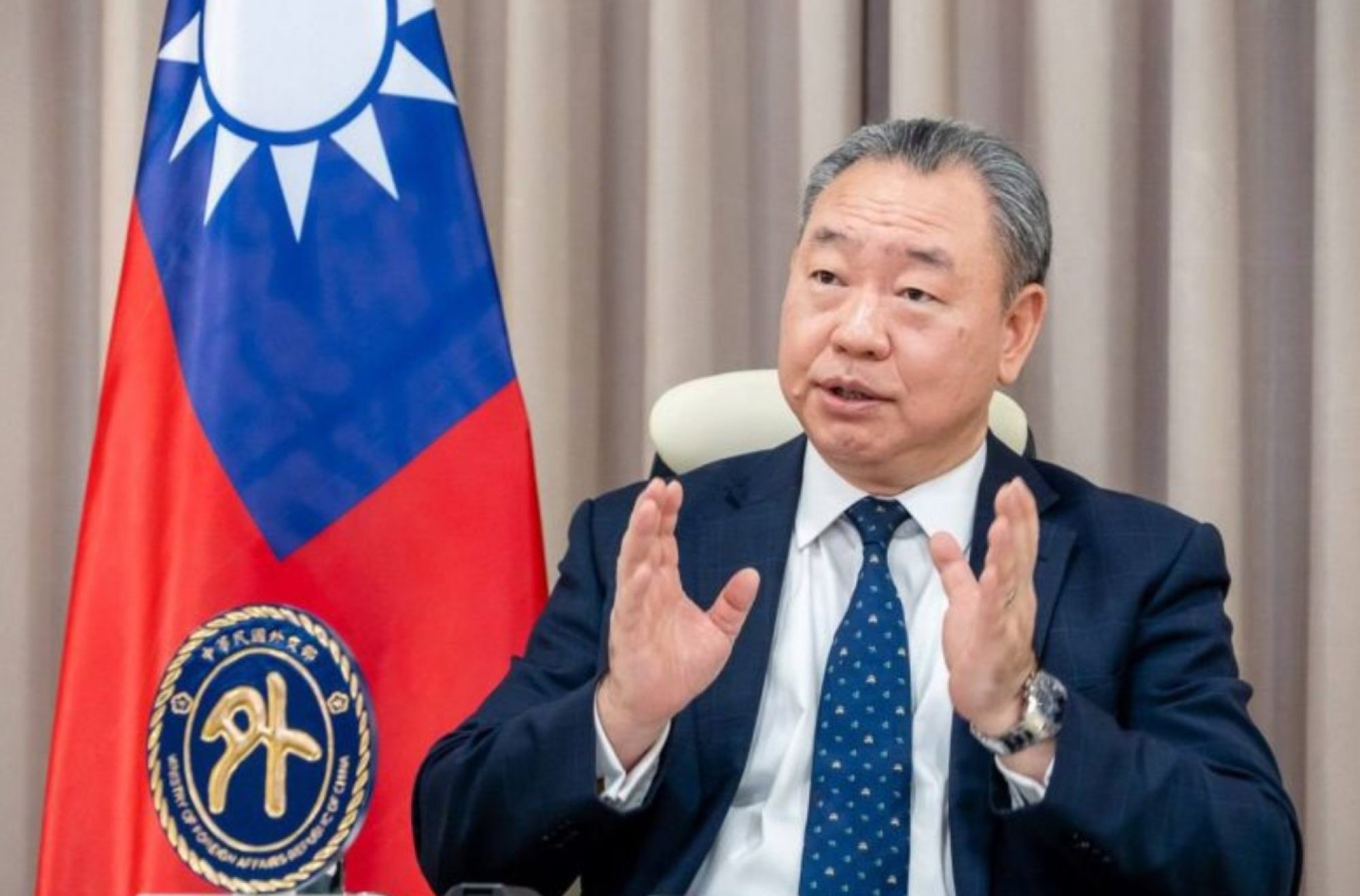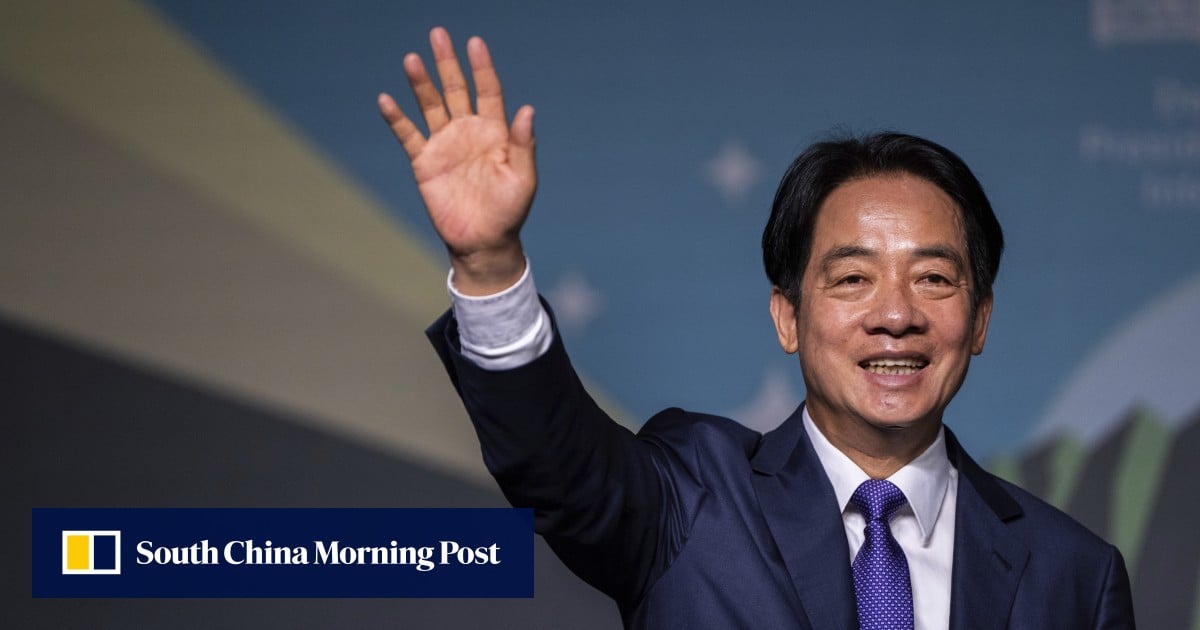Lai’s inauguration is scheduled for May 20.

The new administration favours maintaining the status quo, Yui added, saying this was in keeping with sentiment on the island.
“If you ask people in Taiwan nowadays, most Taiwanese prefer the status quo. This has ensured our peace and tranquillity,” said Yui, without mentioning the 1992 consensus that Beijing sees as a prerequisite for improved cross-strait ties.
The 1992 consensus – an unofficial agreement that there is only one China but the two sides may disagree about what that means – was reached when Taiwan’s main opposition party, the Kuomintang, was in power.
Beijing claims Taiwan as part of its territory and has said it will eventually unite the island with the mainland, by force if necessary.
Ma’s visit to the mainland was the first by a former leader of the island since 1949, and he called on his successor to take note of Xi’s goodwill and refrain from “walking the independence path”.
“Guarantee not to pursue Taiwan independence, allow both sides of the strait to return to the common political foundation of the 1992 consensus and engage in various exchanges on an equal and dignified basis,” Ma said in April.
The Beijing-friendly Kuomintang candidate, Hou Yu-ih, placed second with 33.5 per cent, and Ko Wen-je of the relatively new Taiwan People’s Party garnered 26.5 per cent of the vote.
Since then, Beijing has suspended official exchanges with Taiwan and intensified pressure on the island through military, diplomatic and economic measures. This has coincided with Taipei’s increasing diplomatic and defence ties with Washington.
“We are in the region, we have to prosper together,” said Yui. “We don’t want confrontations. We are responsible. We will not be the aggressors. We will not start the aggression, but [we] will also not be bullied by a stronger force.”
The Chinese embassy in Washington could not immediately be reached for comment.

